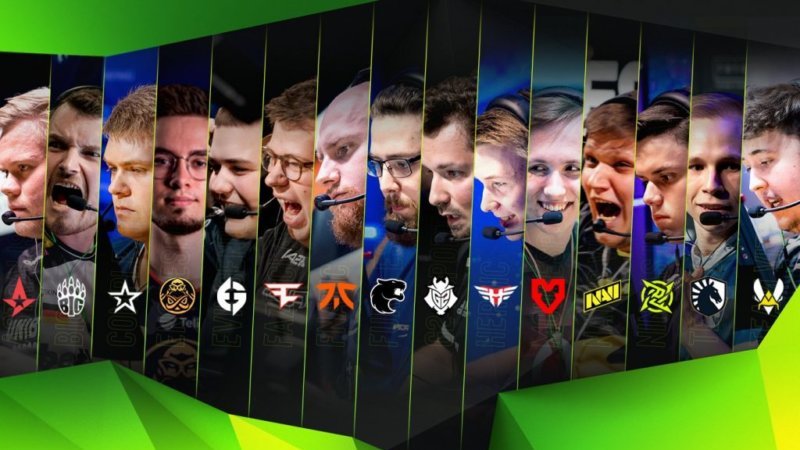Last week the ESL and their partner teams decided to extend Louvre Agreement by three years until 2025. This “agreement” is ESL’s way of creating a permanent residency within the ESL Pro League. Signatories share financial commitments in return for sharing governance and financials for the events played each season. Last year, the Louvre Agreement has been signed by three more teams; FURIA, BIG and Heroic.
There are some key points to look at when looking at the whole deal. First up, the limit to teams being added in the future. Second, the arbritrary power of ESL to single out who they want competing in their events. And third, the danger of creating franchised elitism in the scene.

© ESL
Does the Louvre Agreement create CSGO elitism?
Right off the bat this quote screams elitism:
“We said we’re expecting numbers to be $3 million or more […] That seemed to be the magic number that scared people off” – Alexander Inglot, EPL Commissioner.
One of the magical aspects of Counter Strike has always been that anyone can compete with the best teams in the world. With this agreement in place, it puts a barrier to entry on certain elements of the scene. A barrier that is not based on skill, but rather investment. With the scene going the way it is, especially in North America, there is no longer a guarantee that skilled teams and players are going to receive the massive financial backing they have in the past. This means young talent could be stifled in the competitive scene.
“Sometimes an organization brings this intangible worth so much more than money, whereas another one doesn’t bring that, so money becomes more important.”
Here is where things get tricky. The implication here is that they can deny anyone they want on the basis of money, but in reality they can let in whomever they want for whatever reason they deem. That is what makes the Louvre Agreement potentially dangerous. They can keep out whoever they want if they don’t want to play ball with ESL. This means if there have been disagreements in the past with owners who now have a chance to make some money in the scene, ESL can keep them out. They will essentially control who can make money within the scene if they so choose. It is hard to justify any one company having that sort of power over the scene.
Does this have potential to ruin the scene?
Just the aforementioned 3 million dollar buy-in, could have massive implications on the long-term health of the scene. With less and less money coming into the scene, there is no guarantee that new and upcoming teams will be able to bankroll their way into this league.
Not only does it potent
Esports.net











